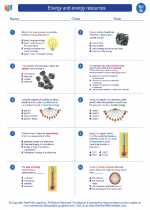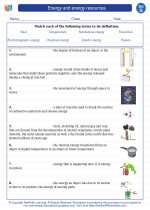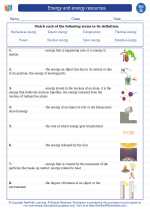Discussion in Science
Discussion is an essential part of the scientific process. It allows scientists to communicate their findings, share ideas, and critically evaluate the results of experiments. In a scientific discussion, researchers analyze their data, draw conclusions, and consider the implications of their findings. This helps to ensure that scientific knowledge is accurate, reliable, and can be used to make informed decisions.
Importance of Discussion in Science
1. Sharing Knowledge: Through discussions, scientists can share their knowledge and expertise with their peers, leading to a deeper understanding of scientific concepts and principles.
2. Critical Thinking: Discussions encourage critical thinking and analysis of experimental results, leading to a more thorough understanding of the scientific process.
3. Peer Review: Scientists can receive feedback on their work, which helps to identify any potential errors or biases and improve the quality of their research.
4. Building Consensus: By engaging in discussions, scientists can work towards a consensus on scientific theories and concepts, leading to a more cohesive body of scientific knowledge.
5. Problem-solving: Discussions often lead to the generation of new ideas and approaches to scientific problems, fostering innovation and creativity within the scientific community.
How to Engage in Scientific Discussions
1. Active Listening: Pay close attention to what others are saying and consider their perspectives before contributing to the discussion.
2. Constructive Criticism: Provide feedback in a respectful manner, focusing on the scientific merit of the ideas being discussed.
3. Evidence-based Reasoning: Support your arguments with relevant evidence from scientific literature or experimental data.
4. Open-mindedness: Be open to new ideas and be willing to revise your own views based on the evidence presented.
5. Clarity and Precision: Clearly express your ideas and use precise language to avoid misunderstandings.
Study Guide Questions
- Why is discussion important in the scientific process?
- How can scientific discussions contribute to the quality of research?
- What are the key principles of engaging in scientific discussions?
- How does discussion help in building consensus within the scientific community?
- What role does active listening play in scientific discussions?






